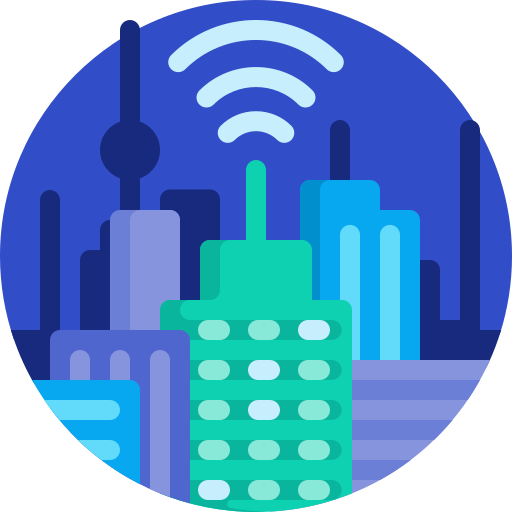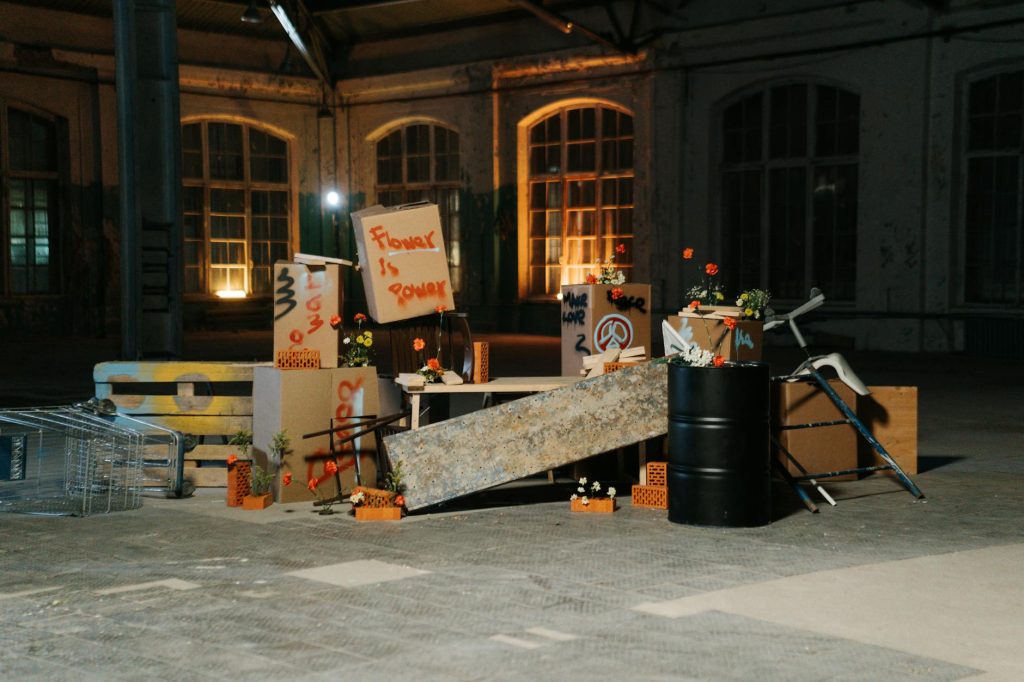Internet of Things (IoT) Revolutionizing Urban Recycling
The Internet of Things (IoT) has become a game-changer in various industries, and one area where it is making a significant impact is in urban recycling. As cities around the world strive to become more sustainable and environmentally friendly, IoT technology is providing innovative solutions to improve recycling processes. By incorporating IoT into waste management systems, cities are revolutionizing the way recyclables are collected, sorted, and processed. This article explores how IoT is transforming urban recycling and creating a more efficient and sustainable waste management system.
Smart Bins: Enhancing Recycling Efficiency
One of the key ways IoT is revolutionizing urban recycling is through the use of smart bins. These intelligent bins are equipped with sensors that can detect when the bin is full and needs to be emptied. This real-time monitoring system helps waste management companies optimize their collection routes, leading to more efficient and cost-effective operations. Smart bins also encourage residents to recycle more by providing feedback on their recycling habits and rewards for proper disposal. With the help of IoT technology, cities can track recycling rates and identify areas that need improvement, leading to higher recycling rates and reduced waste.
Sensor Technology for Waste Sorting
In addition to smart bins, IoT technology is also being used to improve waste sorting processes. Sensors are installed in recycling facilities to identify and separate different types of recyclables automatically. This automation reduces the reliance on manual sorting, which can be time-consuming and error-prone. By streamlining the sorting process, cities can ensure that recyclable materials are processed more efficiently, increasing the overall recycling rate. IoT-enabled sensor technology not only enhances recycling efficiency but also reduces the environmental impact of waste disposal.
Data Analytics for Waste Management Optimization
Another benefit of integrating IoT into urban recycling is the ability to leverage data analytics for waste management optimization. IoT devices collect a wealth of data on recycling habits, waste generation patterns, and collection routes. By analyzing this data, cities can gain insights into how residents are recycling and identify opportunities for improvement. This data-driven approach allows waste management authorities to make informed decisions that lead to more effective recycling programs and reduced waste generation. By harnessing the power of IoT and data analytics, cities can create a more sustainable and eco-friendly urban recycling system.
The Future of Urban Recycling with IoT
As IoT technology continues to advance, the future of urban recycling looks promising. Smart waste management systems will become more interconnected, allowing for seamless communication between smart bins, sorting facilities, and collection vehicles. Machine learning algorithms will further enhance waste sorting processes, improving the quality of recyclable materials and reducing contamination. With the integration of IoT and artificial intelligence, cities can achieve higher recycling rates, reduce landfill waste, and create a cleaner and greener environment for future generations.
In conclusion, the IoT revolution is transforming urban recycling by introducing innovative solutions that enhance efficiency, promote sustainability, and optimize waste management processes. By harnessing the power of IoT technology, cities can create a more sustainable and eco-friendly recycling system that benefits both the environment and the community. As we move towards a more connected and digitized world, IoT will play a crucial role in shaping the future of urban recycling and paving the way for a cleaner and greener tomorrow.


